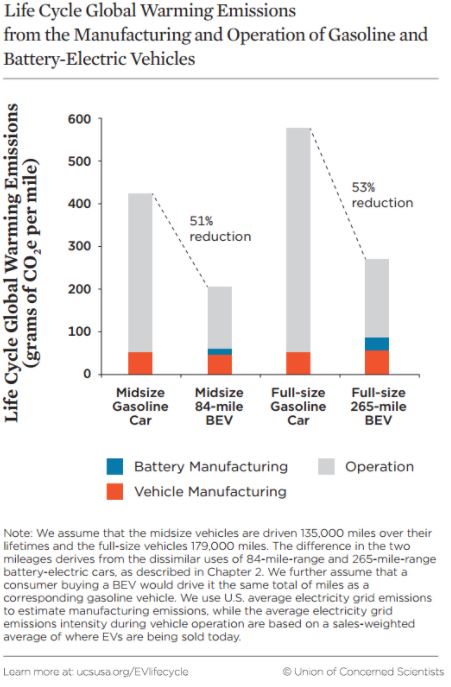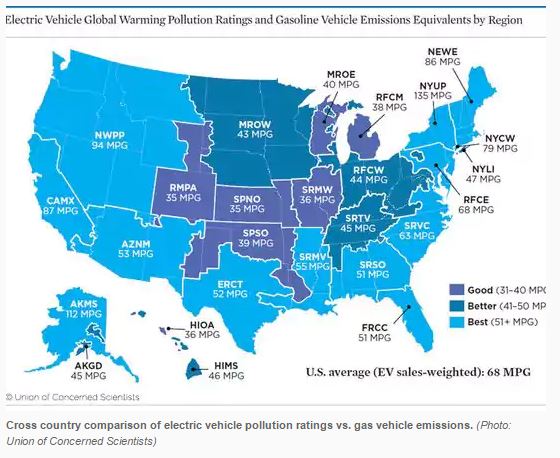oilerlord
Well-known member
devbolt said:Once upon a time government regulations forced gas companies to remove lead from gasoline. Those same regulations forced automobile manufacturers to install catalytic converters to reduce smog-producing emissions to improve air quality. And also decreed that cars should get better gas mileage, further reducing air pollution. Car companies didn't want to do any of that. They just wanted to sell their gas guzzling land yachts. And yet here we are some 40+ years later with cars that get great gas mileage & produce a fraction of the pollution due to those compliance requirements. Innovation wasn't stifled by those regulations, it was increased as manufacturers sought ways to comply.
I see the point you're making, but I think you're reaching a little. This isn't about bolting on a catalytic converter for reduced emissions or a turbocharger for improved power & efficiency; we're expecting the public to participate in a paradigm shift when there is little reason (from a product functionality standpoint) to do so. Should we really expect the public to do cartwheels because this "Game Changing" EV with cutting-edge technology has an amazing 238 miles of range, and "only" takes 3.5 hours to charge at home - providing of course you spend another thousand bucks for a 30-amp service + EVSE for your garage. That is, if you have a garage. What if you live in an apartment? What if you live in a city with little or no public charging?
Newsflash: Cars from 40 years ago had double that range on one "charge" which took only a couple of minutes to complete. The technology isn't ready, and as such, the demand for the end product isn't there either. Clearly, the public isn't buying what we're selling.



